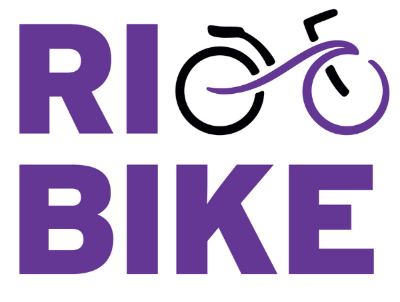Men on Bicycles
A well-worn landscape like Long Island’s yields few surprises to the driver’s gaze. Shops cluster by size and species: pizza with bagels and nail salons, Home Depot with Old Navy. But one roadside incongruity that always unnerves me is the sight of a person outside the shell of a car on purpose — like a man pedaling slowly beside a highway on a bicycle.
Bicyclists and suburbs are an uneasy fit. I don’t mean the racing bikers who swarm like neon-colored beetles, hogging the middle of the road. I’m talking about the guys without helmets, on beat-up mountain bikes: restaurant workers wearing windbreakers over white dress shirts and ties; men in sweatshirts and baseball caps riding home from the store, plastic shopping bags hanging awkwardly off the handlebars.
Such sights are evidence of a valiant adaptation to a hostile environment. For immigrant workers, as with so many of us in the suburbs, life boils down to the job, the bed and the travel between. But when you live in a landscape designed for cars, and you are poor, and it is too far to walk to work, and there’s no bus to take you there, the only option is two wheels. This is what is cheap and effective. It can also be deadly.
On Christmas Day, a car going at least 80 miles per hour on Route 111 in Central Islip hit a bicyclist, Hector Rapalo. The driver sped off. Mr. Rapalo, a 39-year-old Honduran immigrant who worked at a pizza shop, died. Police said that the collision may or may not have been an accident, but that the driver surely knew that he or she had struck someone.
Immigrants ask for little more than the opportunity to work so they can send money home. Their lives are quiet but precarious, in a place that accepts their labor but offers little warmth or welcome. An inveterate hostility sometimes sinks into brutality, as in the fatal stabbing in Patchogue last November of Marcelo Lucero, an Ecuadorean immigrant set upon by a gang of teenagers.
The accidents they suffer go unnoticed, except when carnage briefly makes the news: Santos Javier Ramos, 21, a bicyclist killed by a car in Selden; Enrique Aguilar-Gamez, 26, fatally struck by a minivan while bicycling in Copiague; Adolfo Reyes, 42, a day laborer badly injured by a hit-and-run driver while on foot in Holtsville. The police in that case suspected a hate crime, because there were no skid marks or evidence that the driver slowed down after Mr. Reyes flew into his windshield, fracturing his skull, collarbone and arm.
